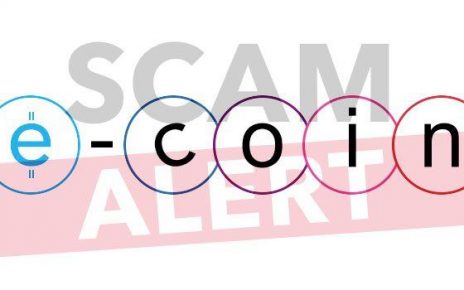The tax collection office of Seminole Country in the US state of Florida announced it would start accepting Bitcoin and Bitcoin Cash as methods of payment. The payments in the aforementioned cryptocurrencies will be managed through the BitPay platform. If this project kicks into action the ta collection office of Seminole County would become the first governmental office in the United States of America to allow the citizens to pay by using cryptocurrencies.
In an announcement published by the governmental agency Joel M. Greenberg, the tax collector of Seminole Country, pointed out that the blockchain technology could provide all the residents of the county with optimal and modern payment services. This would increase the transparency, as well as the precision of the liquidations and also lower the high costs of the credit or debit card fees. Greenberg said: “We live in a world where technology has made access to services on demand…and we should expect the same from our government. The aim of my tenure in office is to make our customer experience faster, smarter, and more efficient, and to bring government services from the 18th century into the 21st century and one way is the addition of cryptocurrency to our payment options.”
This is why the office formed a partnership with BitPay, an international platforms for cryptocurrency payments and wallets. In cooperation with BitPay, the tax collection office will be able to accept payments in Bitcoin and Bitcoin Cash when it comes to driving licenses, identity cards, property taxes, etc.
Alan Byrd, a man in charge for the media at the tax collection office of Seminole County, confirmed the citizens would be able to pay in cryptocurrencies starting from June this year. This way the governmental agency will receive the payments directly from BitPay on the day after the transaction. The funds will be transferred to a banking account of the United States, which means the cryptocurrencies will not be retained by the tax collection office.
Likewise, the authorities do not think there are risks associated with the volatility of the prices on the cryptocurrency market since the users only need to send the exact amount of money in bitcoins in order to pay the invoice, which is a transaction that costs only one percent, which is considerably less than the costs imposed by the banking entities.
Byrd also confirmed that the tax collection office of Seminole County in Florida was not interested in the cryptocurrency market. Instead, the goal of the office is to offer a more varied and comfortable payment options to its clients. He said: “We are not speculating on the market but we are enthusiastic to see new payment options offered to our clients.”
On the other hand, Jeremie Beaudry, the Head of Compliance at BitPay, said this was the first governmental agency from the United States to contract the platform and that it was an honor for the company: “With the Seminole County Tax Collector’s Office, we have engaged our first government agency to accept bitcoin and bitcoin cash by making it easy and seamless for them. The county tax office won’t face any volatility risk.”
Sean Snaith, the director of the University of Central Florida’s Institute for Economic Competitiveness, was not sure how Bitcoin payments for taxes or services offered by the government would be converted into dollars and in what time period after the transactions: “I’m not a cryptocurrency expert, but I know that Seminole County’s not paying its employees or its vendors in bitcoin,” he said. “Any payments [the Seminole County Tax Collector’s Office] receives would have to be converted presumably into dollars. Given the volatility of bitcoin prices…I think there’s some risk there that the value could depreciate. I don’t think bitcoin will ever supplant the dollar in terms of becoming the medium of exchange. I don’t see this as something that’s going to be the norm going forward.”
Even though the tax collection office of Seminole County is the first one to open itself to Bitcoin, other governmental offices in the United States were evaluating the possibility to accept cryptocurrencies as an efficient method of payment. This was the case of the Citizenship and Immigration Services (USCIS).




